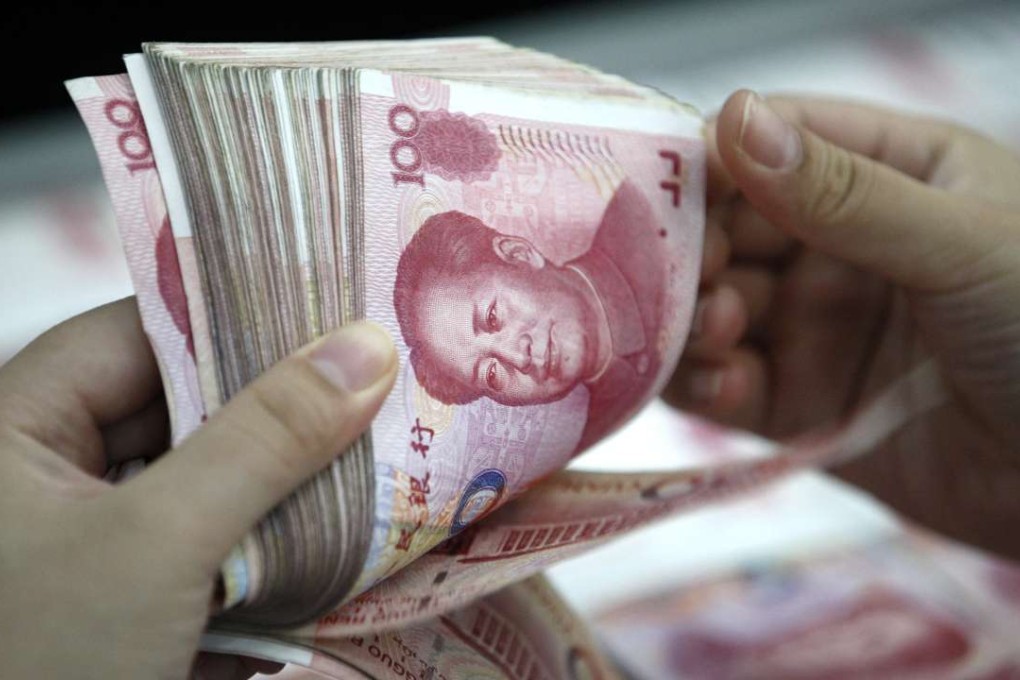Sino File | Why the yuan’s status means less to China than the IMF’s demands

China’s long journey to an international yuan will mark a milestone on October 1 with the currency’s advent as a global reserve currency. It is also a landmark on China’s journey from a command economy into a free one.
The International Monetary Fund accepted the yuan as the fifth reserve currency in the Special Drawing Rights (SDR) basket last December, a vote of confidence in Beijing’s determination to push difficult financial and monetary reform. Joining SDR will not bring any immediate material benefit to the world’s second largest economy as its capital account is still not fully open. Its significance lies, and will continue to lie, in all the reforms demanded by the IMF.
The IMF uses two major criteria for a currency to qualify as a reserve currency: whether it is widely used; and whether it is freely used.
Yuan's inclusion in SDR basket eases traders’ concern about currency’s volatility
There is no doubt the yuan is widely used but, at least in terms of trade settlement, it is harder to argue that it is used freely, at least so far.
Even compared with most of its major developing peers, China still lags far behind in terms of three areas: capital account openness; marketisation of the exchange rate; and interest rates.
In fact, the IMF has used the inclusion to encourage the Chinese leadership to push ahead the badly-needed reform of the country’ hybrid monetary system, hoping to start an irreversible process of financial liberalisation.

